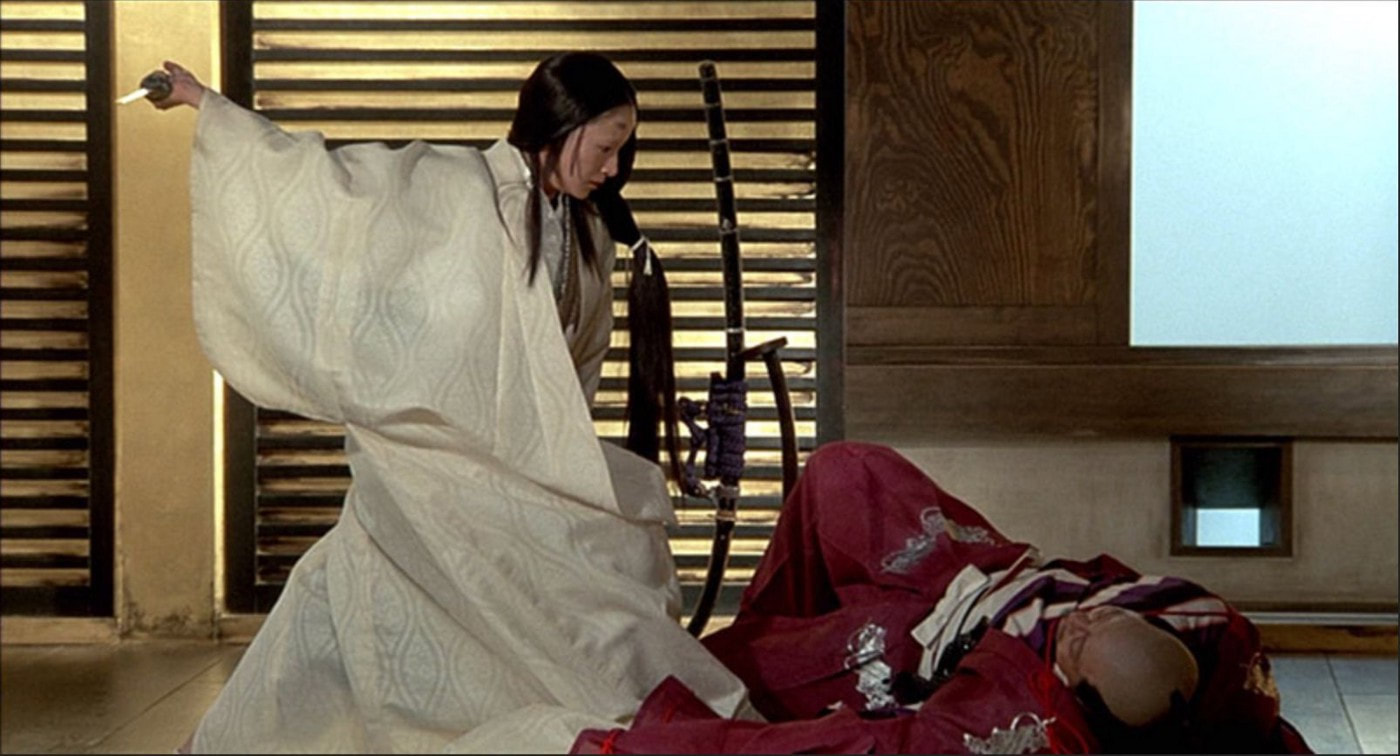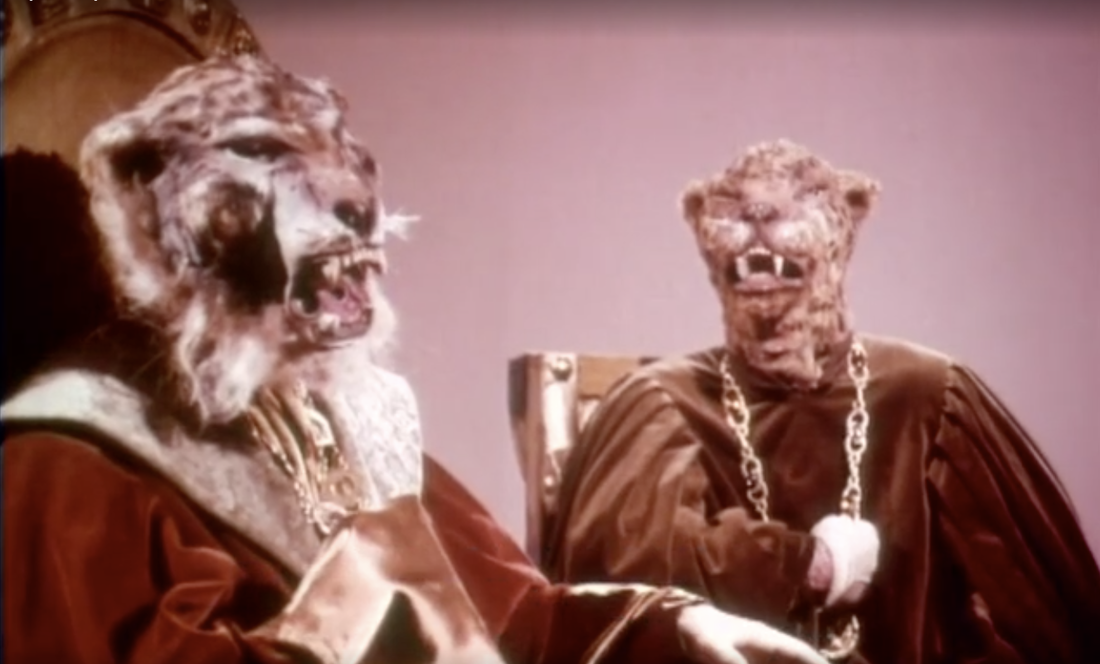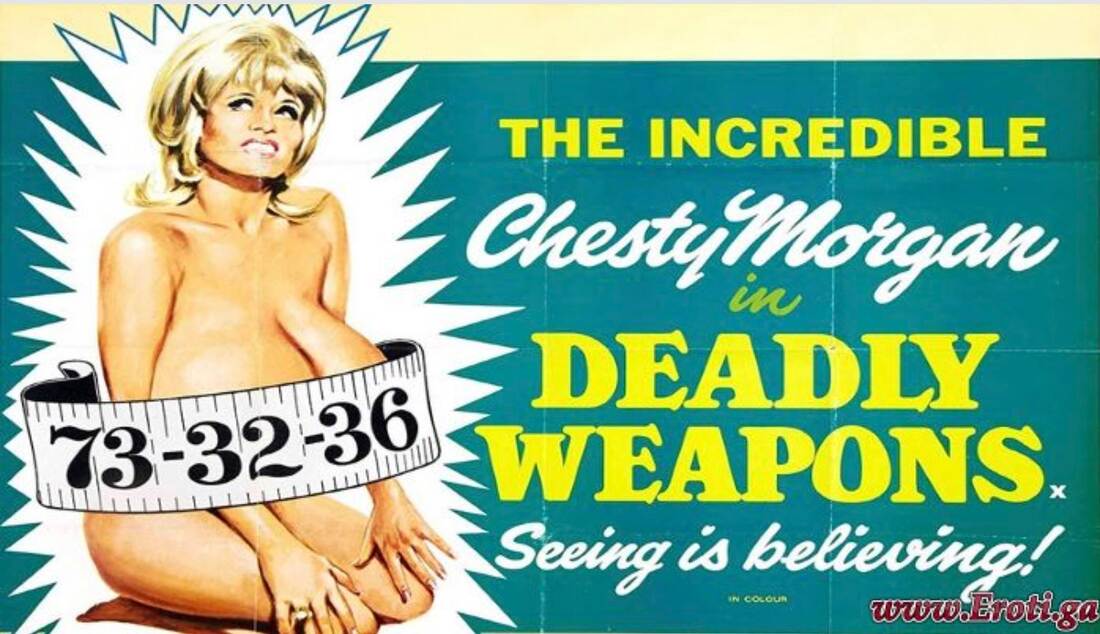
Beginning with its release in 1993 Joel Schumacher’s film, Falling Down, divided audiences and critics alike. The conflict boils down to whether or not Falling Down succeeds as a satire. When asked about the main character, William, Schumacher explained, “He’s not a bad guy.” The characters who find themselves at the wrong end of Williams' machine gun might disagree. Schumacher’s comment is somewhat ambiguous. It could be seen as a humorous nod to William and his “folly,” or it could be seen as a plea for some measure of sympathy for a misunderstood man.
If Falling Down is meant to be a satire it spends too much time reveling in what it is supposed to be satirizing. William is much closer to a hero than a villain. He is more like the vengeful protagonist in Michael Winner’s 1974 film Death Wish than he is like the ironic caricature in John Avildsen’s 1970 film Joe. We understand Joe, we recognize him, but we do not identify with him. We don’t see things through his eyes. We don’t want to be in his shoes, but in Falling Down, William offers us a chance to finally get the upper hand against all those people who get in our way. Standing in William’s shoes we are given the opportunity to bully Mexican street gangs instead of having them bully us. We are given a chance to revel in the satisfaction.

Falling Down is an indulgence. The viewer is invited to point a gun at anyone who annoys them. It doesn’t matter if it’s over a hamburger, what matters is that everyone show deference and respect to us. Falling Down is the story of a "Karen" with a gun, which is to say it is about white privilege with a gun. William doesn’t see street gangs as the result of complex social factors, they are just stupid people that get in his way. In the film he beats two thugs with a piece of wood and yells “Clear a path motherfucker, I’m going home!”

The most important feature of white privilege is the assertion that white privilege does not exist. By definition white privilege is unjust and so to acknowledge its existence undermines its purpose. The privileged believe that everyone deserves respect and they simply want their fair share. What they fail to recognize is what that actually looks like. That means you have to wait your turn in line just like everyone else. That means you can't do what William does at the onset of the film and abandon your car in traffic just because you are frustrated. The privileged demand respect but do not offer it in return. It is a form of egocentrism, where the thoughts and feelings of others are irrelevant.
For the privileged, there is a sense that society is getting increasingly hostile toward the ordinary man (ordinary meaning white.) Each person in front of him in line is an injustice. Through his egocentric lens, Black Lives Matter is about him and how his life is being devalued. Calling attention to the plight of the underprivileged is seen simply as calling of attention away from him. He has all these people who want what he thinks is special dispensation, when in fact all they want is equality. He endure homosexuals being allowed to get married, He's chided for simply calling them “honey," something he would never tolerate if it were done to him. He’s exhausted from having to see people as equals, or simply see people at all.

The heart of conservatism is a desire for simplicity. For the conservative, the world should be a simple place where men are men and women are women. Women wear women’s clothes and have sex with men. Men wear means clothes and have sex with women. Criminals are bad people who do bad things because they are bad and they should go to jail. Everyone in jail is guilty and deserves to be there. Christianity is not one religion among many but the self-evident truth. The world is a fair and orderly place where the rich are rich because they did something right and the poor are poor because they did something wrong.
Bringing such a world view to the screen can be valuable. It can provide an opportunity to better examine how such people think and where their their ideas come from. Unfortunately, We learn very little about William. He is a vehicle for a vicarious thrill, not for psychological insight.
Falling Down has been compared to Martin Scorsese’s 1976 film Taxi Driver but, Taxi Driver is a nuanced character study where we witness one man’s descent into madness. We understand Travis Bickle but we are horrified by his actions. There is no reverie or indulgence, and his destruction at the end is the logical conclusion of his story. William is killed at the end of Falling Down in order to absolve us for our indulgence. It's an old trick that noir films used to get with showing depravity. As long as the bad guy died in the end everything was OK.
What Schumacher’s intentions were in making Falling Down are of limited relevance. What he produced is more a hero’s journey with a convenient ending than an opportunity to examine society. We are meant to enjoy William not reproach him.

In the end, William is not a transgressive character. He is a staunch advocate for people’s complete subjugation to the system. If everyone would just do their job, play by the rules, and obey the law he wouldn’t have to be a bully. It’s very close to the concept of the white man’s burden. The white man’s burden is to civilize the world of primitives and savages, through violent means if necessary. William is an extension of this idea. He is just making sure everyone adheres to civilization’s norms. If that means murdering the disobedient so be it. William didn’t make the world he lives in but he will defend it to the death.

If you enjoyed this article click here for more
www.filmofileshideout.com/archives/subject-position-in-bone



